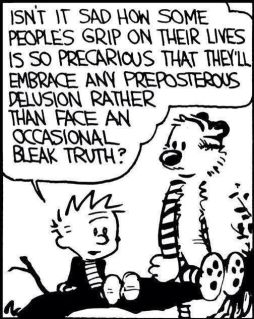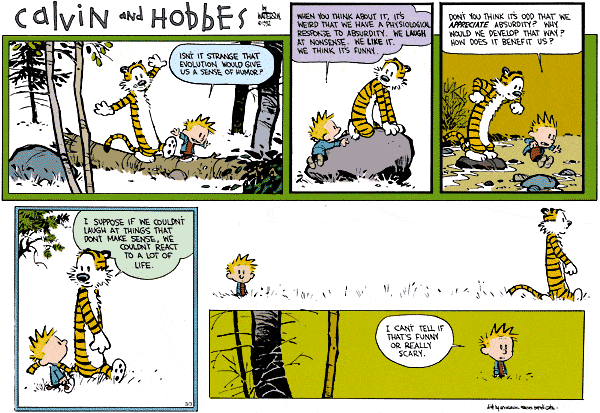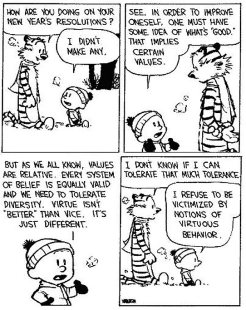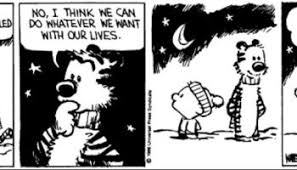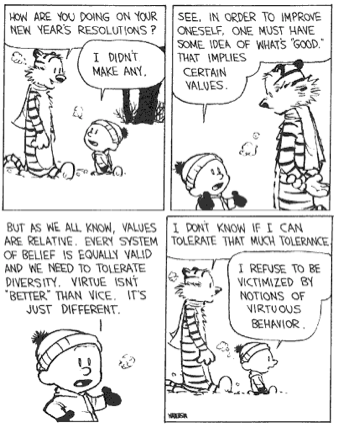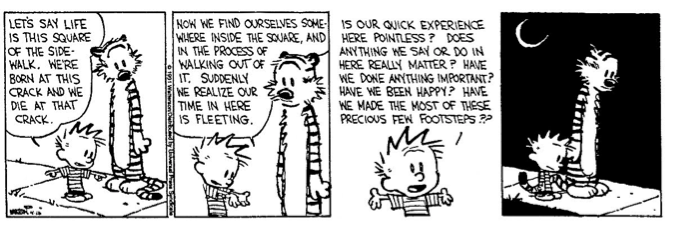
Dating back to The Fall, conformity is a problem that humans have always been dealing with. According to the dictionary, conformity is, “compliance with standards, rules, or laws,” and furthermore a “behavior in accordance with socially accepted conventions or standards.” So when we look to the Garden of Eden in Genesis 3, we can see that the serpent tempts Adam and Eve with conformity when he says, “For God knows that when you eat of it your eyes will be opened, and you will be like God, knowing good and evil.” The first sin was a result of the desire to become like God. They noticed they were not the best, so they ate the fruit because they thought that was the way to become God.
The Bible is quite clear on its view on conformity. Its unified message can be found in Romans 12:2, “Do not be conformed to this world, but be transformed by the renewal of your mind, that by testing you may discern what is the will of God, what is good and acceptable and perfect.” Conformity can be easily found in any book, movie, or website when similes or metaphors are used. When studying conformity in the bible, a few similar terms come to light: comparison(Saul and David and 10,000), parable(Jesus Teaching), jealousy (joseph and his brothers), treachery (Peter denying Jesus),
Comparison can be easily identified when power comes into play. During the time of Saul’s rule, David was anointed to be the next King. During this awkward period of time, David became a war hero and was beloved by the people. In 1 Samuel 18:7-8, the women sang in the streets, “’Saul has struck down his thousands, and David his ten thousands.’ And Saul was very angry, and this saying displeased him.” Saul wanted to be more powerful and more beloved than David, so as a result, he tried to kill him, many times. Because he compared himself to others, Saul dug himself a hole and eventually died, and David became king.
Similarly, Joseph’s brothers are jealous of their father’s affection towards Joseph. In Genesis 37 it says that, “His brothers were jealous of him… [and] they conspired against him to kill him.” They were jealous of Joseph because their father loved Joseph the most. They constantly compared themselves to him, and thus felt inadequate in his presence. Their jealousy drove them to attempt murder on their brother. Side note: people were a lot more violent when they didn’t like something in biblical times, like they tried to murder, what the heck.
Comparison can also lead to a great deal of pride and trying to increase self-worth. Jesus called out the Pharisees on doing this in Luke 18:9-14. A Pharisee was praying super loudly in front of a huge crowd, thanking God that he was not like all the other sinners. He bragged about how “faithfully” he served the law and how he gave so many tithes. He even compared himself to the guy next to him saying that he was thankful that he was not a sinner like the tax collector. By using this comparison, he thought he would Holy and pleasing to the people in the crowd, but Jesus pointed out that it was the opposite. He said that the tax collector was justified, not the Pharisee. Comparison led to pride.
Often times, people often conform to the views of those who they are surrounded by. Living in a fallen world, Christians are constantly surrounded by those who believe different things than us, and its harder to surround ourselves with like-minded people. The Israelites struggled with this so much that the entire book of Judges is how Israel conforms to other people’s beliefs. Pretty much the entire book can be summarized in Judges 2:12, “And they abandoned the Lord, the God of their fathers, who had brought them out of the land of Egypt. They went after other gods, from among the gods of the peoples who were around them, and bowed down to them.” They constantly worshipped the idols that other people were worshipping, because that’s what they were surrounded by.
Additionally, conformity can lead to treachery. In the modern world, friends change their opinions, perspectives, or are “fake” based on whom they are around. In some cases, they can even talk bad about a close friend, just to fit in with the crowd. Peter was definitely a victim of this. In Mathew 26:71-72, Peter denies Jesus a second time when a woman says, “This man was with Jesus of Nazareth.” He denies even knowing our Lord and Savior because the crowd he was with was not in favor of Jesus.
Going back to our central message, Romans 12:2 says that we should not conform to the world but be transformed by the renewal of our mind in Christ Jesus. Conformity itself is not a bad thing. It is what/who we are conforming to is when it gets us into trouble. So I would like to take some time and look at good examples of conforming. Hebrews 12:2-4 tells us that we should, “[look] to Jesus, the founder and perfecter of our faith, who for the joy that was set before him endured the cross, despising the shame, and is seated at the right hand of the throne of God.” We should look to Jesus as the ultimate example and not to others as our “heroes”.
In the same way 1Corinthians 11:1 tells us to be imitators of Christ. This is different then what Adam and Eve did in the Garden of Eden. They were trying to be God by having some of his abilities. The bible tells us to be LIKE God and serve how Jesus served others. Some practical examples of this can be volunteering at church, going to the extra mile for a stranger, and showing the Love of Christ to everybody, not just your friends.
Finally, Jesus tells us to pray like him in Matthew 6:9. Here, He gives the Lord’s Prayer. Practically, we are supposed to pray like Jesus, giving thanks and praise to God, confessing our sins, etc. Conforming to Jesus’ teachings is what we are supposed to do as Christians. After all, we were made in likeness. But, living in a fallen world, that proves to be a very difficult task. Through things like social media, celebrities, and the news, we are drawn in to the problems and desires of the world. We worry more about their expectations than God’s. A practical solution could be to surround yourself with people who have similar goals or ideals. This way, Jesus will be at the center of your relationship and you can go through hardships that you face in the world together.
Samuel Ridout, author of How to Study the Bible, states the benefits of systematic bible study. He says, “the example will be contagious… the mind will be disciplined… [and] the whole life will be affected.” He believes that through systematic study, we can fully and deeply understand a topic, that it becomes apart of lives, how we interact people, and ultimately our entire worldview, and that’s just on one topic. Basically, the more you study a small issue, and meditate on it, the better we can use it in the big picture and the more complicated areas of life. By studying the great struggle of conformity in Christian lives, we can more deeply grasp the solution, which points us to Jesus and his work on the cross.
Sources: https://www.biblegateway.com/passage/?search=Genesis+3&version=ESV
http://www.dictionary.com/browse/conformity
https://www.wholesomewords.org/etexts/ridout/howto6.html
http://deeptruths.com/bible-topics/comparing_yourself_to_others.html

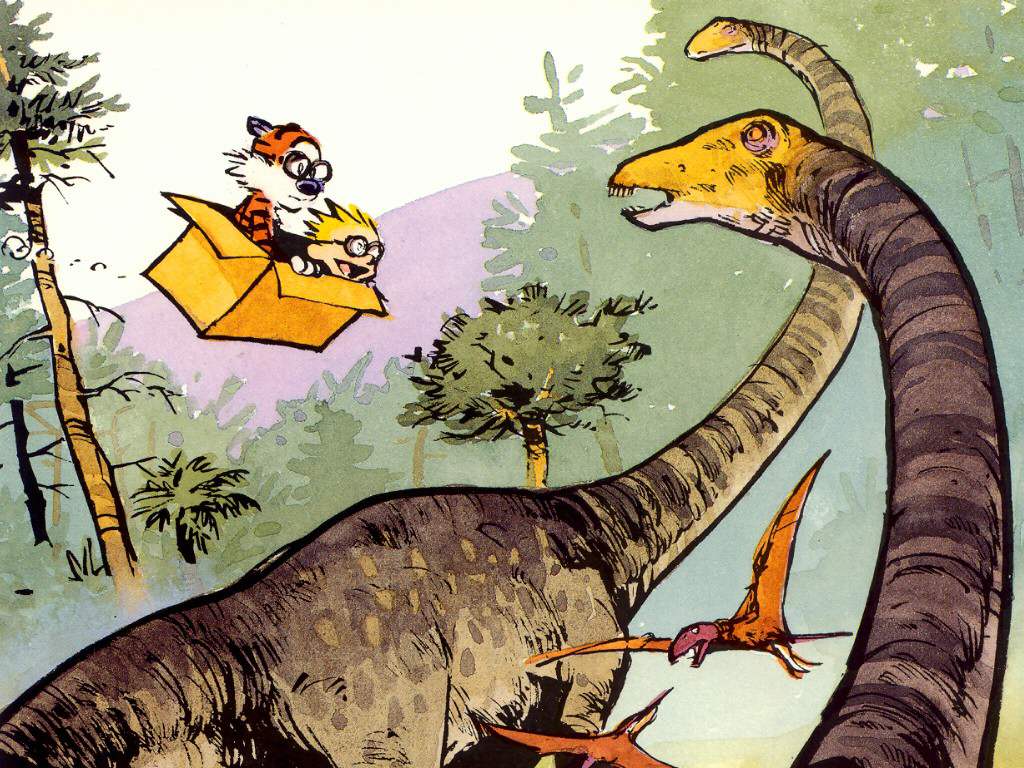 Part One:
Part One: 